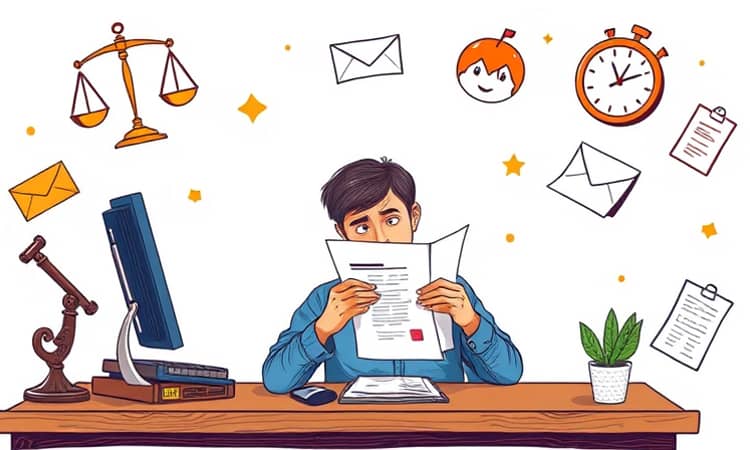Navigating a credit card dispute can feel overwhelming, but understanding the process empowers you to protect your finances. This guide walks you through every step, from your rights under federal law to practical tips for both cardholders and merchants.
Understanding Your Consumer Rights
The Fair Credit Billing Act (FCBA) is the cornerstone of dispute protection in the United States. Under this federal law, consumers have at least 60 days from the statement date to contest unauthorized charges, billing errors, and other irregularities.
Many card issuers go further, offering zero liability for fraudulent transactions. This means you often pay nothing for unauthorized purchases, even though federal law caps liability at $50.
During the dispute investigation, issuers cannot charge you interest on the contested amount, and you are not obligated to pay it until the matter is resolved. Extended deadlines of up to 120 days apply for disputes over product quality, giving you more time when goods or services don’t meet expectations.
How to File a Dispute
Initiating a dispute promptly is essential to ensure your claim is heard.
Start by contacting your card issuer via phone, their mobile app, or email. For billing errors specifically, you must send a written notice within 60 days of the statement showing the error. Keep your message clear, concise, and include all relevant details.
Gather and preserve documentation such as receipts, order confirmations, email exchanges, and any correspondence with the merchant. This evidence forms the backbone of your dispute and strengthens your case.
The Investigation Process
Once a dispute is filed, your issuer must acknowledge receipt within 30 days. You may receive a provisional credit for the disputed amount, temporarily restoring your account balance while the investigation is underway.
The issuer then has two billing cycles (typically up to 90 days) to complete the inquiry. During this period, no interest accrues on the amount in question. At the conclusion, you will receive a written decision detailing whether the charge is removed, partially refunded, or upheld as valid.
If you disagree with the outcome, you retain the right to appeal the decision. Your issuer will provide instructions on submitting additional information or escalating the matter for further review.
Key Numbers and Timelines
Common Reasons for Disputes
- Unauthorized or fraudulent transactions
- Goods or services not received
- Items significantly different from description
- Duplicate charges or incorrect amounts
- Missing credits for returned items
- Billing statement errors
Merchant Perspective and Chargeback Response
Merchants often learn of disputes weeks after a cardholder files a claim. Their acquiring bank notifies them, and they have a limited period—typically 45 days—to respond with evidence supporting the original charge.
If the merchant loses the chargeback, they forfeit the sale amount and may pay additional fees. Some merchants choose to appeal through arbitration, but network arbitration can involve substantial costs for the losing party.
Tips and Best Practices
- Review statements regularly to spot errors early.
- Document every interaction with merchants and issuers.
- Act quickly to avoid missing dispute deadlines.
- Understand your rights under the FCBA and issuer policies.
- Maintain organized records of receipts and correspondence.
Conclusion
Facing an incorrect charge can be stressful, but federal protections and issuer policies give you the tools to fight back. By knowing your rights, acting swiftly, and keeping detailed records, you can navigate the dispute process with confidence.
Whether you’re contesting a billing error or seeking a chargeback for faulty goods, staying informed and prepared will help you safeguard your credit and financial well-being. Remember, knowledge and documentation are your best allies when credit disputes threaten your peace of mind.














